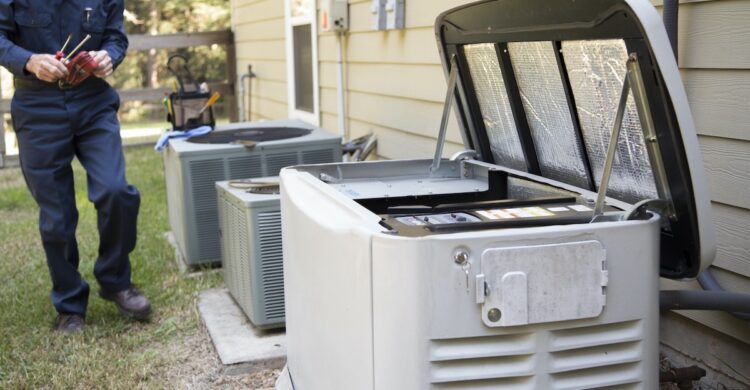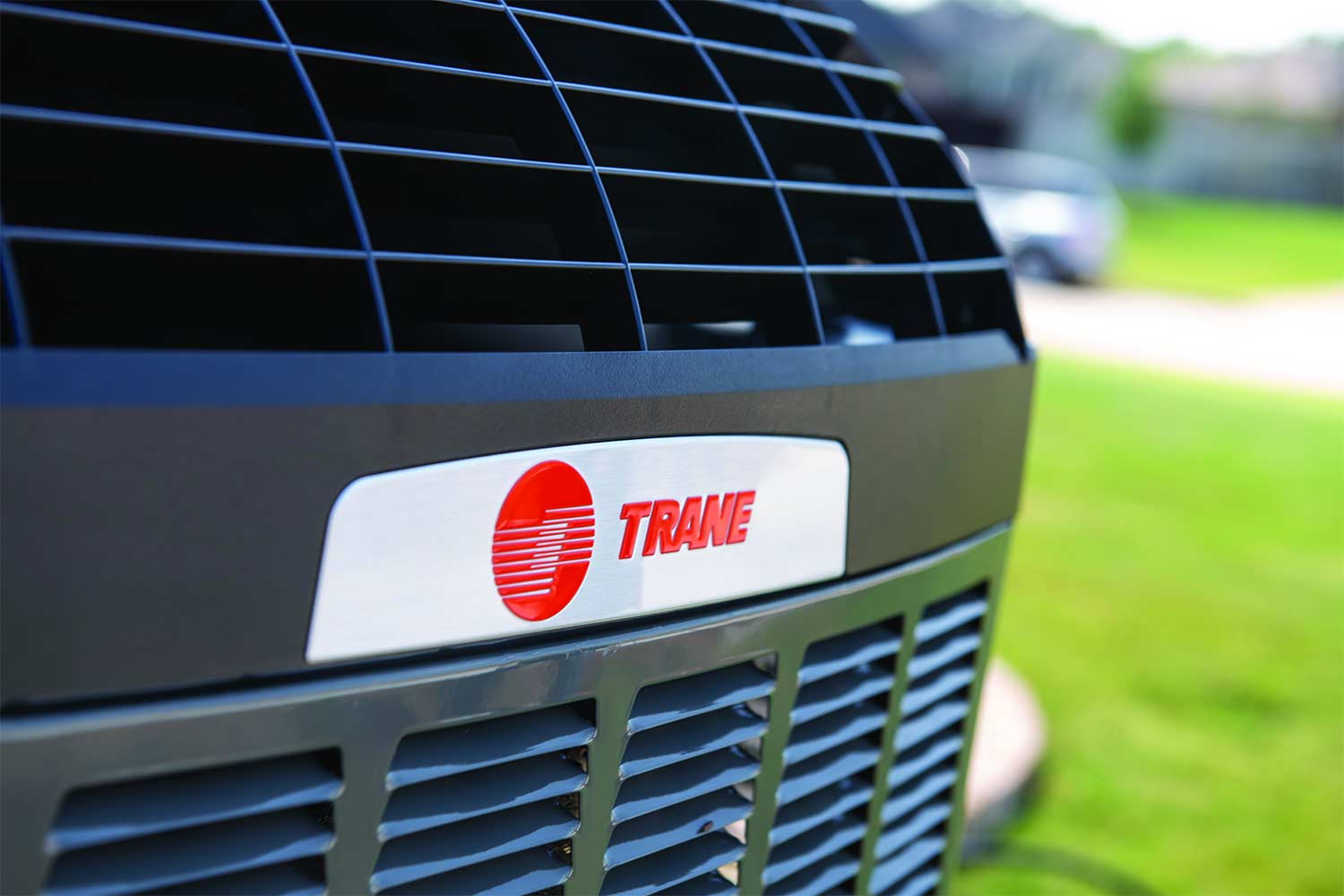
What is the Life Expectancy of an Air Conditioner?
If you noticed that it was not keeping you completely comfortable last summer, or if you had to have it repaired already, it’s a fair question. But perhaps the biggest question you should be asking is: how old is my AC unit? That’s because HVAC components have a lifespan, and if your air conditioner has some “mileage” on it, then it may be time to start thinking long and hard about options for the future.
With that in mind, what is the life expectancy of a whole house air conditioner?
The bottom line is this:
- Modern air conditioners typically have a life expectancy of 15-20 years.
- Older air conditioners, meanwhile, typically lasted 10-12 years.
So, if you have a unit that is reaching or beyond double digits you need to pay attention to it and be wary of its performance. If it is that age and has already encountered repair issues, then you need to be hyper-vigilant and be prepared for further problems.
You might wonder why air conditioners have a shorter life expectancy than furnaces – which can last up to 30 years. Well, that’s because your air conditioner is outside and subject to the stress of our north Georgia/metro Atlanta weather. That means it gets boiling hot in the summer, freezing cold in the winter and pelted with all manner of debris and winds during the spring and fall.
That said, the number one key to keeping ALL your HVAC components running at full speed for the longest time possible is by consistent and knowledgeable servicing. Professional HVAC contractors offer extremely affordable twice-yearly service that is guaranteed to keep you comfortable for as long as possible.
It is possible to manage many of these steps yourself. And, if you are looking to save some time and money, you can do much to help keep your air conditioner from encountering trouble for much of its lifespan.
Here are some simple steps you can take to help maintain your air conditioner.
NOTE: BEFORE YOU CONDUCT ANY ELECTRICAL-RELATED MAINTENANCE, MAKE SURE TO TURN THE POWER THE UNIT OFF AT THE SOURCE (EITHER BREAKER OR FUSE BOX)
1. Clean or replace your filters
This should always be your first step. Clogged filters most certainly affect your system’s capacity. The general rule of thumb is to replace your home’s filter every 90 days – every 60 days if you have a pet – and 20-45 days if you have two or more pets or allergy problems. (NOTE: Make sure you check the system and buy the right size of filter for your system.)
2. Keep your outdoor unit free from debris
This sounds simple, but it’s easy to forget that outside unit exists – until a branch falls in it and snags your exhaust fan (it makes an awful racket). Cleaning up and keeping your AC free from debris will only help extend its life expectancy.
3. Keep your ducts clear
A clogged vent will significantly affect your system’s efficiency for the worse. Remove any dirty or clogged vents and clean them with soap and water. Also be sure to check the air duct itself for blockages.
4. Put fresh batteries in your thermostat
Thermostat batteries can last up to 2 years depending on usage and device model.
5. Clear air conditioning unit fins
(NOTE: We recommend you purchase fin spray and a fin comb – available at a local hardware store – before embarking on this step. Fin combs are measured in fins per inch.) Located on the outdoor unit, the fins resemble a metal grill. They provide airflow and move heat away from the system. Clogged fins decrease airflow and lead to an inefficient system. Remove the fan cage with a wrench and a screwdriver and use fin spray to clean them from the inside. You should also utilize the fin comb to straighten any bent find.
6. Clean the evaporator coil
(NOTE: You will need a spray cleanser specifically formulated for cleaning coils for this step, specifically a no-rinse foam cleaner.) Located indoors, the evaporator uses refrigerant to remove heat from the air before circulating that cooled air through your home (the hot air is then funneled to the outdoor unit for release). Evaporator coils are in the access panel on the air handler unit. Use a socket wrench to remove the panel. Dirt and/or mold can clog your AC during use. Spray the evaporator coil. The no-foam spray will liquify and cleanse itself.
7. Drain your evaporator
Your HVAC’s evaporator drain must steer clear of dirt, mold, and debris, otherwise it will back up and cause a system malfunction. A shop vac is a good solution to clean drain. (NOTE: You may also use specialty products available at hardware stores.
Follow these steps at least once a year – if not twice – and you will be able to help prolong the life expectancy and efficiency of your HAVC unit.
However, if you are dealing with continued or significant problems with your heating and cooling, here are some rules to follow that will help you know whether it is time to replace the unit:
If you would rather not take on all these steps of HVAC maintenance on your own, please do not hesitate to call the professionals at Conditioned Air Systems.
Our NATE-certified technicians will ensure that your heating and cooling system runs at peak capacity and efficiency. And they will do so at regular intervals, to help keep you worry free. We do all this with both timeliness and a commitment to service that you will not forget. We also offer a 24/7 service line for those issues that occur outside normal business hours.
Contact Conditioned Air Systems today at 770-536-7509 and let us take care of your HVAC maintenance today.
Ensure Your Home’s Temperature is Stable Year-Round

